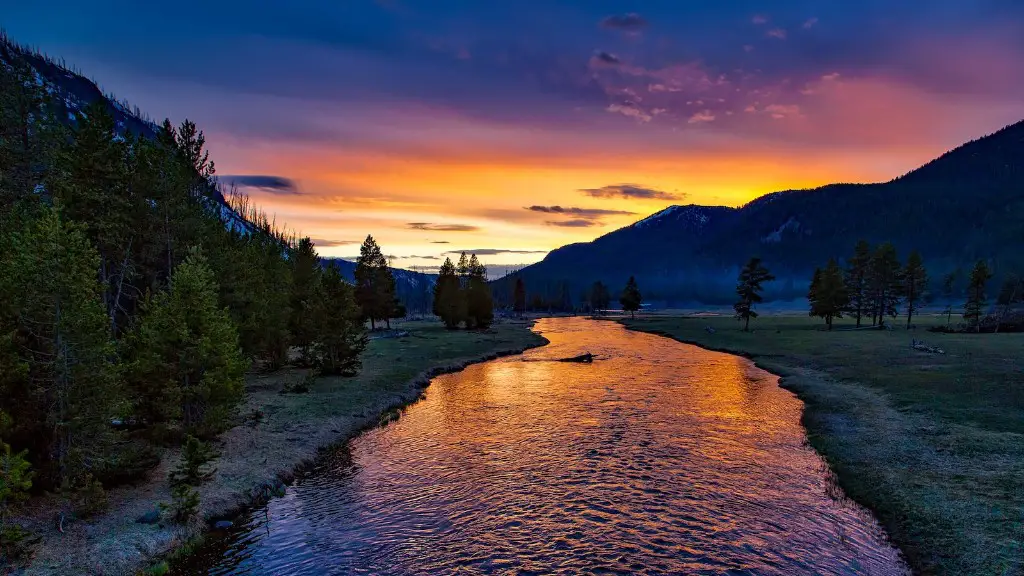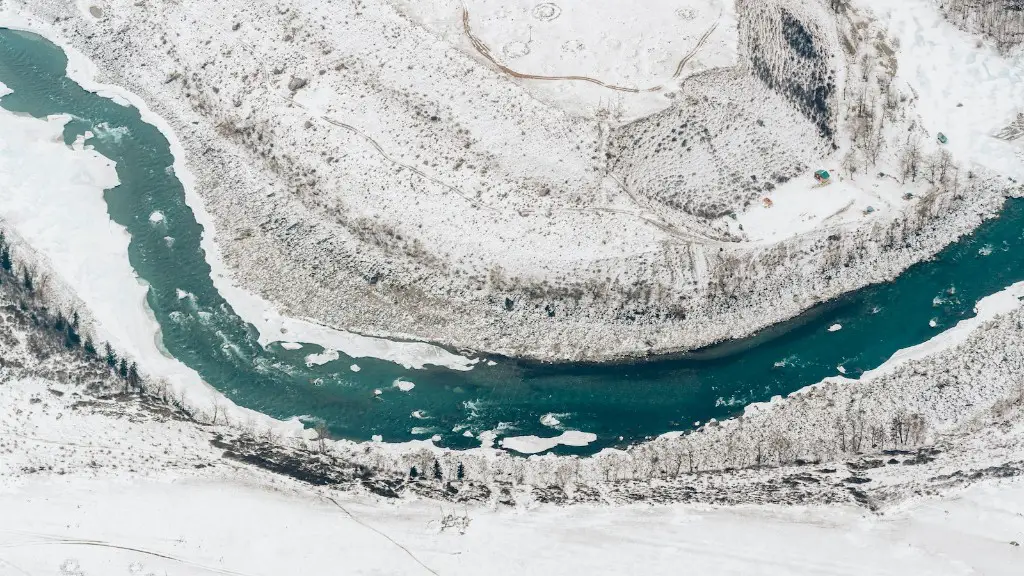The river has been an integral part of Chinese civilisation for thousands of years and is an important source of drinking water for many of the country’s citizens. Today, the Yangtze is also a major transportation and shipping route, with dozens of docks and ports along its banks.
Geography
The Yangtze River is 6,300 kilometres (3,915 miles) in length and, at its deepest point, 575 metres (1,886 feet) deep. It is the largest river in China and the third largest in the world.
The Yangtze originates in the Tanggula Mountains in eastern Tibet and flows across the provinces of Qinghai, Sichuan, Yunnan and Shanghai before emptying into the East China Sea. Along the way, the river passes through numerous cities and towns, including the famous city of Shanghai.
Importance
The Yangtze River has been an important part of Chinese history for thousands of years. In ancient times, it was a major transportation and shipping route and the lifeblood of ancient Chinese culture. The Yangtze is also an important source of drinking water for the country’s citizens, with numerous dams and hydropower plants having been built along the river over the centuries.
Today, the Yangtze is still a major transportation and shipping route, with dozens of docks and ports located along its banks. This has enabled the development of cities such as Shanghai, Wuhan and Chongqing.
Environmental Issues
In recent years, the Yangtze River has come under increasing pressure from human activity and pollution. Pollutants from factories, industry and sewage have significantly reduced the river’s water quality, and environmental conditions have significantly deteriorated in the past two decades.
A number of measures have been taken by the Chinese government in an attempt to improve conditions, including the establishment of national parks, nature reserves and improved waste management systems. Despite these efforts, the Yangtze River continues to face major environmental challenges and is at risk of further degradation.
Economic Impact
The Yangtze River provides significant economic benefits to China and its citizens. Its importance as a transportation and shipping route enables the development of numerous cities along its banks, including the massive metropolises of Shanghai and Chongqing.
The river is also a major source of hydroelectric power, with numerous dams and hydropower plants built along its length. This has enabled China to greatly expand its energy infrastructure, providing electricity to its population of 1.4 billion.
Ecological Impact
The Yangtze River is home to a wide variety of aquatic life, including dozens of species of fish, reptiles and plants. Unfortunately, this diversity is under threat from environmental degradation, with water pollution and the destruction of natural habitats having a major negative impact.
In recent years, there have been a number of attempts to protect and preserve the Yangtze’s delicate ecosystem, including the establishment of nature reserves and improved waste management systems. However, much more work needs to be done in order to ensure that the Yangtze’s unique biodiversity is preserved for generations to come.
Global Impact
The Yangtze River is an important part of the global environment, serving as a key transportation route and source of drinking water for millions of people in China as well as providing aquatic habitats for numerous species of plants and animals.
As China continues to develop, pressure on the Yangtze River is increasing and it is vital that measures are taken to ensure its long term protection. Governments around the world must invest in conservation efforts, including improved waste management systems, the establishment of nature reserves and the strengthening of international agreements in order to ensure that the Yangtze River is protected for future generations.
Dam Projects
The construction of dams on the Yangtze River has had a major impact on its ecological and economic health. While these projects have provided significant economic benefits, such as the generation of hydroelectric power, they have had a detrimental effect on the river’s delicate ecosystem, altering the flow of water and impacting natural habitats.
Despite the potential benefits of dams, there is growing concern over their environmental impact and the need for improved regulation and monitoring. As development continues along the Yangtze River, it is essential that this precious resource is protected for the benefit of both nature and humanity.
Pollution
The effects of pollution on the Yangtze River have been dramatic in recent years. With increased industrial activity and population growth, the development of cities along the river has led to increased levels of sewage, waste and toxic chemicals being discharged into the river.
This has caused major disruption to wildlife habitats and caused severe water pollution, threatening the health of the Yangtze as well as the people who rely on it for drinking water. In order to protect this vital resource, it is essential that measures are taken to reduce the levels of pollution and improve waste management systems.
Conservation Efforts
A number of conservation efforts have been taken by the Chinese government to protect the Yangtze River and its unique biodiversity. These measures include the establishment of nature reserves, increased monitoring of water quality and improved waste management systems.
However, more needs to be done in order to ensure that the Yangtze River is adequately protected, and it is important that these efforts are supported by governments and citizens around the world. Only by working together can we ensure that this precious resource is preserved for future generations.


